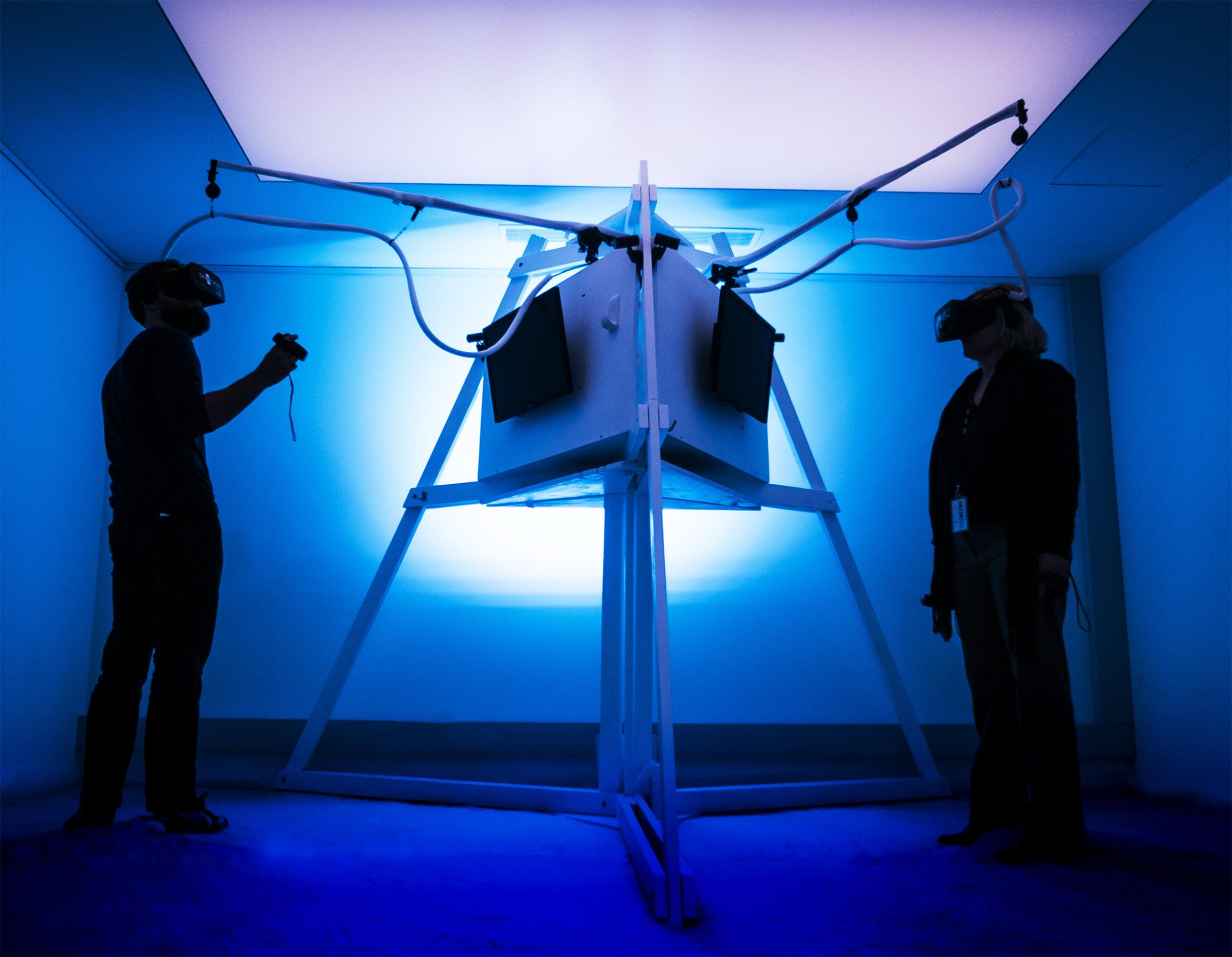media
Think of a combination of immersive virtual reality, an online role-playing game, and the internet.
The independent news collective is teaching a new generation of journalists and citizens to spot the stories in plain sight.
The opening lines of Smartmatic’s $2.7 billion lawsuit against Fox News lay bare the culture of denial in the US.
Most people believe you can win an argument with facts – but when “facts” are so often subject to doubt, are personal experiences trusted more?
Could we have predicted COVID-19 through social media trends?
The idea behind the law was simple: make it more difficult for online sex traffickers to find victims.
“The function of private media is to make money for the people who own the media. It is a business,” Sanders said.
Apple sold its first iPod in 2001, and six years later it introduced the iPhone, which ushered in a new era of personal technology.
Confirmation bias is baked into the DNA of America, but it may soon be the nation’s undoing.
▸
25 min
—
with
The 20th century was marked by waves of pro-democracy revolutions. Now, the future of democracy looks uncertain.
Join Radiolab’s Latif Nasser at 1pm ET today as he chats with Malcolm Gladwell live on Big Think.
▸
with
New research reveals the extent to which groupthink bias is increasingly being built into the content we consume.
Will nefarious players use social media to sway public opinion again this November?
What good is a conspiracy theory you can’t profit from?
Join Pulitzer Prize-winning reporter and best-selling author Charles Duhigg as he interviews Victoria Montgomery Brown, co-founder and CEO of Big Think.
▸
with
Parental anxieties stem from the complex relationship between technology, child development, and the internet’s trove of unseemly content.
The renowned magician recently joined Big Think CEO and cofounder Victoria Brown for a wide-ranging discussion.
Are we genetically inclined for superstition or just fearful of the truth?
▸
13 min
—
with
Sophists used rhetoric and debate to arrive at practical truths.
Was the hamburger menu always so ubiquitous?
Online dating has evolved, but at what cost?
Google is probably wrong about your health condition.
The distracting nature of modern media is having a terrible effect on what we learn.
This video game designer’s creations have been said to work “neurological magic.”
Despite potential good intentions, interventionist policies are often viewed by classical liberals as violations of individual freedoms.
▸
6 min
—
with
Everyone wants to predict who will win the 2020 presidential election. Here are 2 misconceptions to bust so people don’t proclaim the death of data like they did in 2016.
Striking a better work-life balance comes down to the numbers.
▸
4 min
—
with
These people had no access to magazines and, generally, no access to the internet.
When it comes to individual freedom of expression, the power of external authorities must be limited.
▸
5 min
—
with
The photos may not be fake, but the context is.





























